Instead of a mid-gen refresh, Microsoft has decided to update all of its Xbox Series X/S consoles. While some models now come with more storage, others are missing some features in order to help bring their prices down.
At launch, the Xbox Series S was only available with a smaller 512GB SSD. Last year, Microsoft released an all-black version with 1TB of storage just like on the Xbox Series X. Now though, the company is offering two versions of the white Series S: one with a 512GB SSD and another with a 1TB SSD.
It’s on the Xbox Series X side where things get a bit more interesting. In addition to the standard console, Microsoft now sells an all-digital one that’s completely white as well as a special edition version with a 2TB SSD, white and green dots all around the console and an Xbox green-colored base.
While I didn’t have a chance to try out the Xbox Series X Galaxy Black Special Edition, I did recently go hands-on with the Xbox Series X Digital Edition. Whether you’re getting your first Xbox Series console or upgrading from a Series S, here’s everything you need to know about how the original Xbox Series X stacks up against this new version.
Xbox Series X vs Xbox Series X Digital Edition: Pricing
The first big difference between the original Xbox Series X and the new Xbox Series X Digital Edition is the price. The standard Xbox Series X costs $499 (£449, AU$749) while the all-digital version is slightly cheaper at $445 (£400, AU$700). Then there’s the Xbox Series X Galaxy Black Edition which costs $100 more than the original at $599. Since it is a special edition console, though, it likely won’t be around that long. At the time of writing, it’s still widely available.
If you like the look and features of the original Xbox Series X but want to save a few bucks, you can also pick up a certified refurbished Xbox Series X directly from Microsoft. Likewise, the Xbox Series S with a 512GB SSD costs $300 (£249, AU$499) while the new version with a 1TB SSD costs $349 (£300, AU$550).
Xbox Series X vs Xbox Series X Digital Edition: Specs
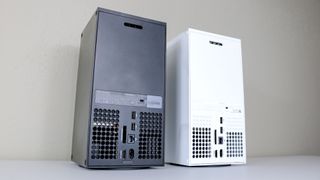
Regardless of which Xbox Series X you get, both consoles have basically the same specs. They both use a custom AMD Zen 2 processor with 8 cores clocked at 3.8GHz and an AMD RDNA 2 GPU with 12 teraflops of graphics power clocked at 1.8GHz. Both Xbox Series X consoles also come with a 1TB SSD and 16GB of GDDR6 RAM.
Around back, you’ll find the same ports on both consoles which include an HDMI 2.1 port, two USB-A ports, a storage expansion slot, an Ethernet port, a power port and a Kensington lock port. There’s also a single USB-A port and a sync button on the front of the Xbox Series X. However, the original console has a Blu-ray drive while the Xbox Series X Digital Edition does not.
Swipe to scroll horizontally
| Price | $500, £449, AU$749 | $445, £400, AU$700 |
| Color | Black | White |
| Disc drive | Yes | No |
| Processor | Custom AMD Zen 2, 8-core, 3.8GHz | Custom AMD Zen 2, 8-core, 3.8GHz |
| GPU | AMD RDNA 2, 12 teraflops, 1.8 GHz | AMD RDNA 2, 12 teraflops, 1.8 GHz |
| RAM | 16GB | 16GB |
| Storage | 1TB | 1TB |
Xbox Series X vs Xbox Series X Digital Edition: Design
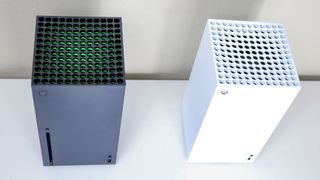
With its rectangular design and clean cut angles, the Xbox Series X is one of the best looking consoles to date in my opinion and certainly the best-looking Xbox yet. While you can certainly lay the console down on its side and use it that way, the Xbox Series X definitely looks better in a vertical orientation.
One of the things that made the original stand out besides its larger size were the holes at the top. Not only do they allow the console to expel hot air but they also have an interesting visual effect due to their green accent color.
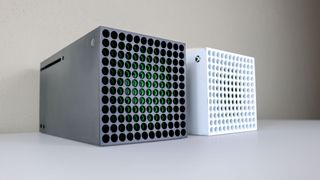
Unfortunately though with the Xbox Series X Digital Edition, Microsoft decided to ditch the green for black. Don’t get me wrong, the top of this new console still looks good, but it doesn’t stand out in the same way the original did. However, thanks to being all-white, the edges are more pronounced and stand out a bit more than they do on the original Series X.
Under the hood, the Xbox Series X Digital Edition sports a new heatsink that uses copper heat pipes instead of the vapor chamber found on the original. Likewise, its motherboard has been redesigned and its processor is a bit smaller than the original 6nm one. This helps the redesigned console use less power when idle which should lead to slightly lower energy bills overall.
Other Xbox consoles to consider
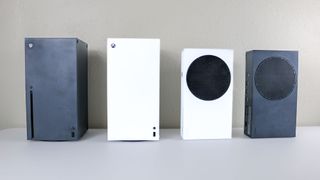
If you’re picking up your first Xbox, you can’t go wrong with either the original Series X or the new Series X Digital Edition. Both consoles are packed with power and you’ll be able to play loads of games in 4K and depending on your TV or monitor, at higher frame rates with variable refresh rate enabled.
For those that still have physical Xbox games, then the original Xbox Series X or even the new Galaxy Black version is the better option as you’ll be able to play most if not all of your existing games and this includes Xbox, Xbox 360 and Xbox One games. If you’re only buying digital games these days, then the Xbox Series X Digital Edition is the better choice unless you have Blu-rays of your favorite films and TV shows you want to watch, too.

Now if you only have a 1080p TV or just want to play the latest games on a budget, the Xbox Series S is a great choice. You lose some of the graphical fidelity you get on the Series X but you still get all the same features with Quick Resume being my absolute favorite. With it, you can go back to the home screen, switch to another game or even power off your console and pick up right where you left off the next time you want to play your Xbox.
The Xbox Series family is now bigger than ever, and as such, you have quite a few options to choose from. Upgrading from a Series S to a Series X will result in better graphics and depending on which version you have, more storage. At the same time, you can now get either Xbox Series console in black or white to match the rest of your home decor.
Regardless of which Xbox you pick up though, you’re getting a powerful, near-silent console with great graphics and loads of games. However, it’s up to you to decide whether or not you really need a Blu-ray drive.
More from Tom's Guide
- I’ve never been happier to own my Xbox Series X — here’s why
- These are the best Xbox Series X games you can play right now
- The future is handheld — so where do Xbox and PlayStation go next?
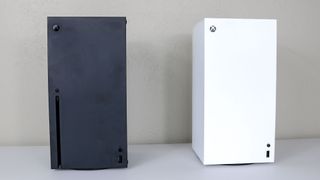
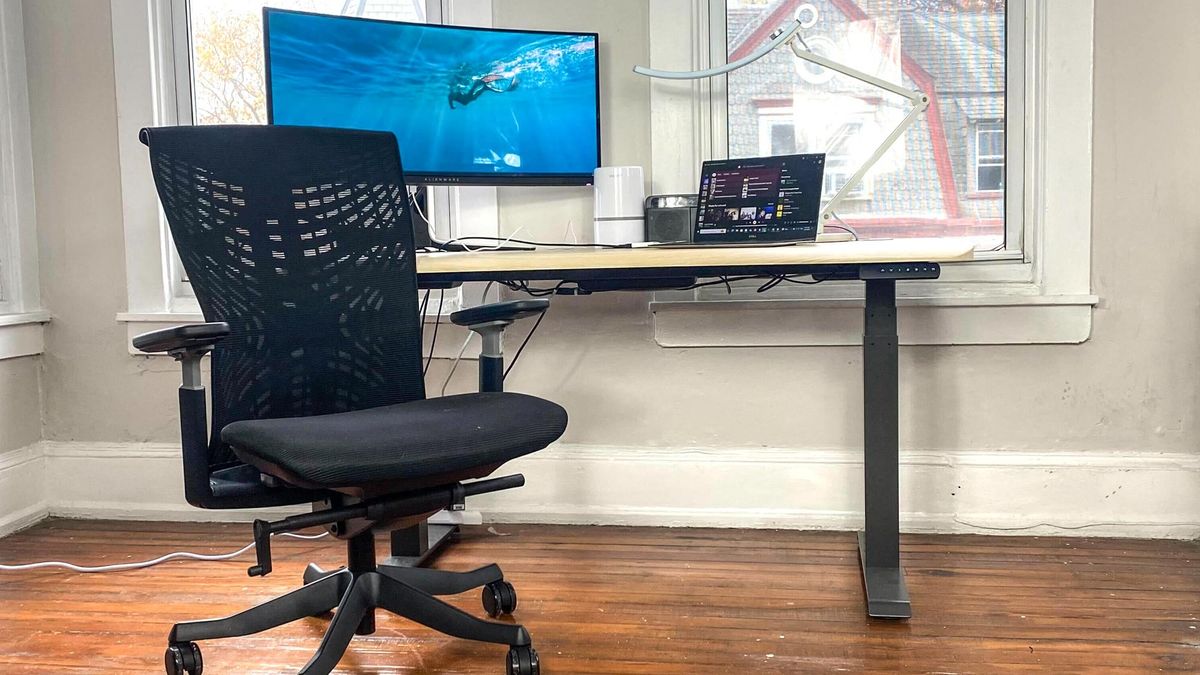
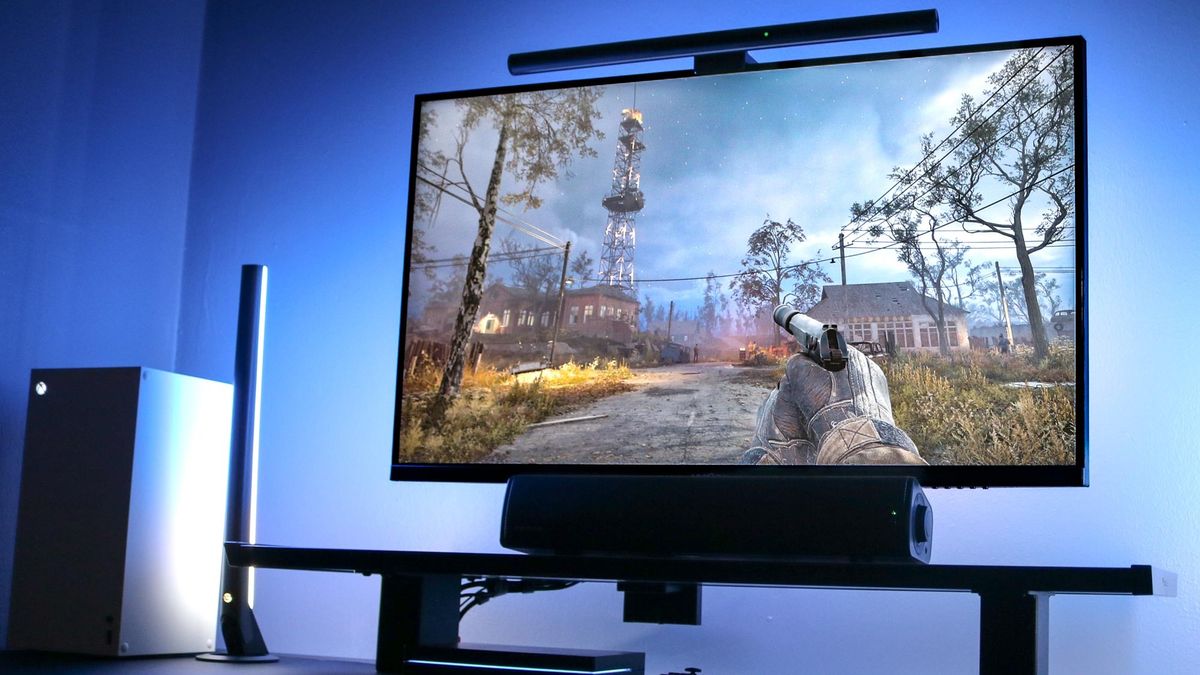
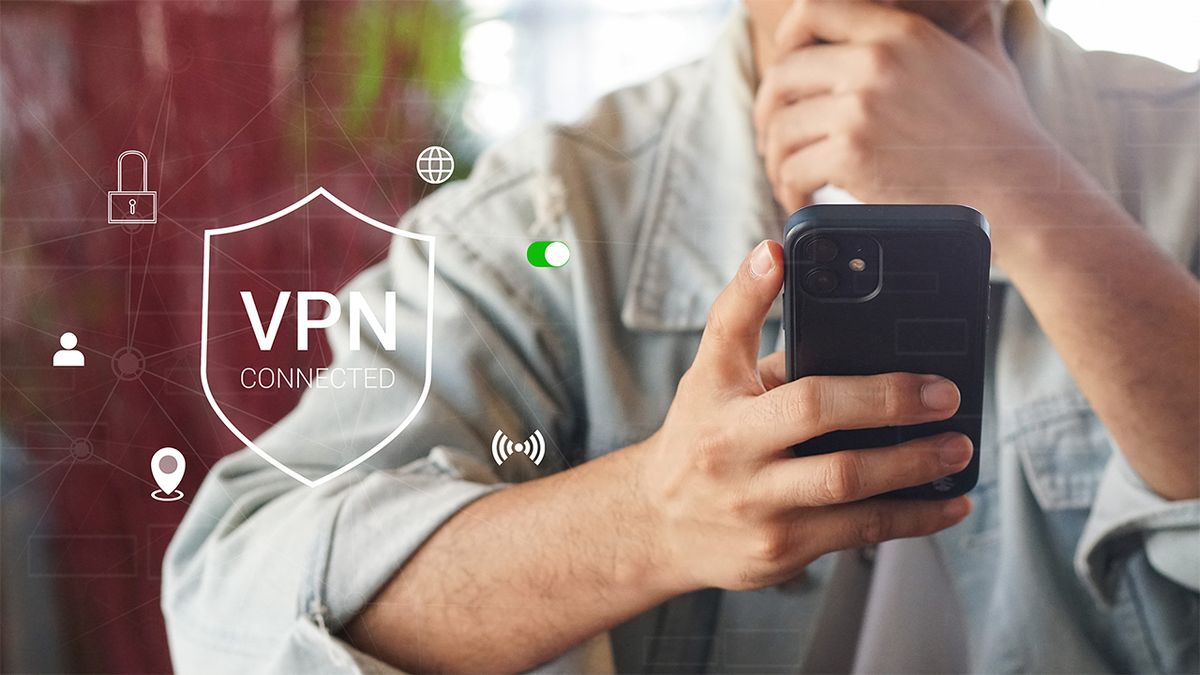

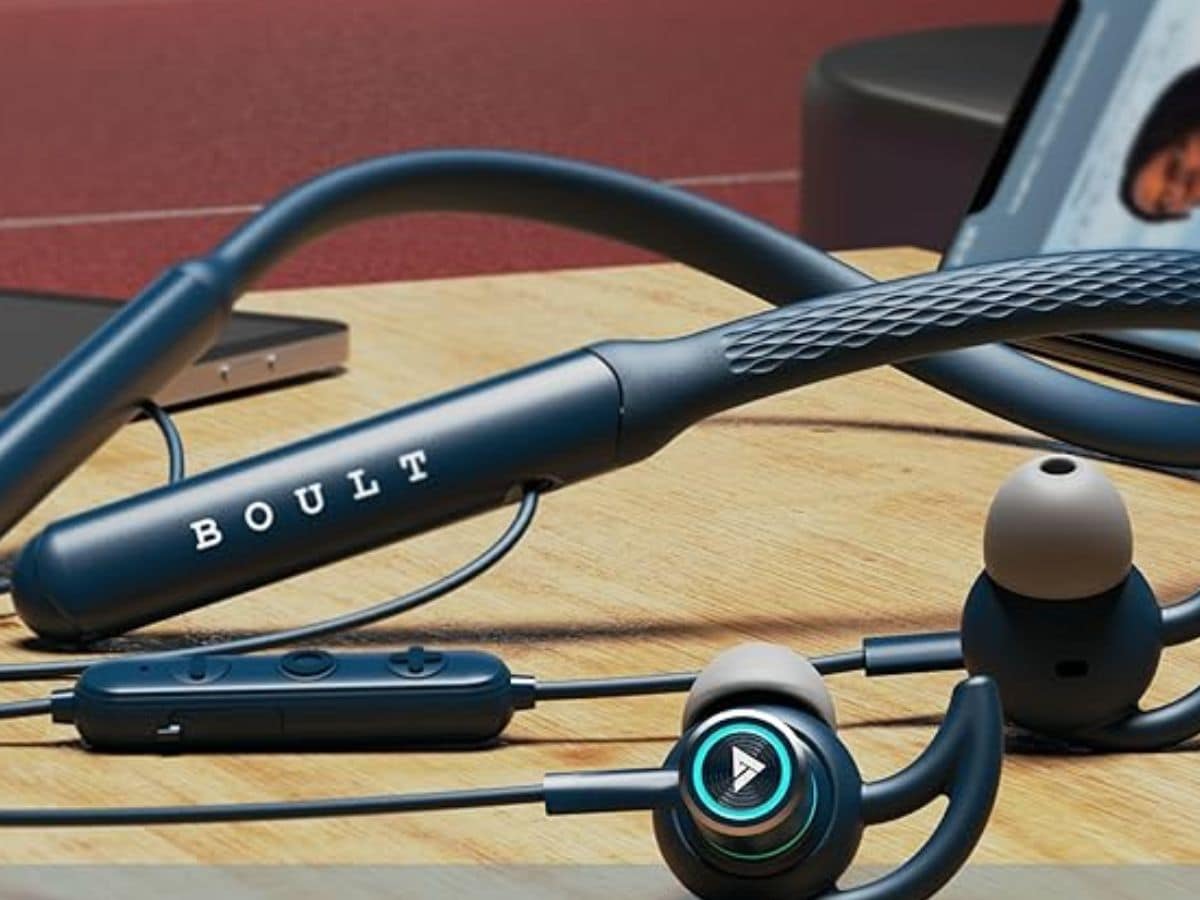
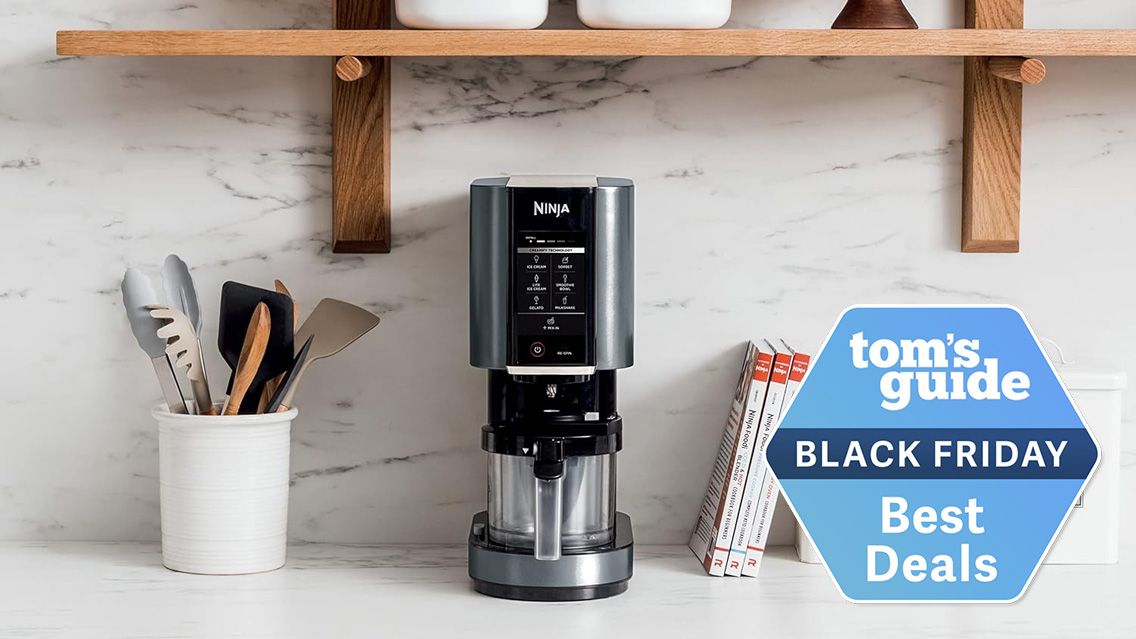
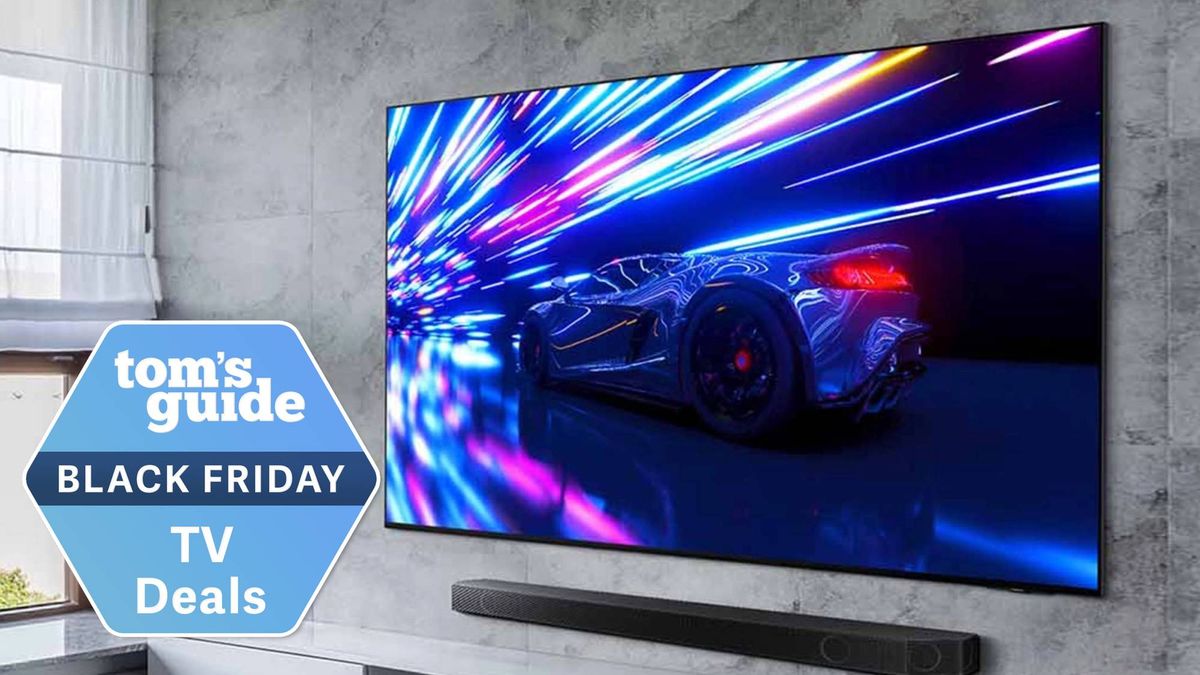

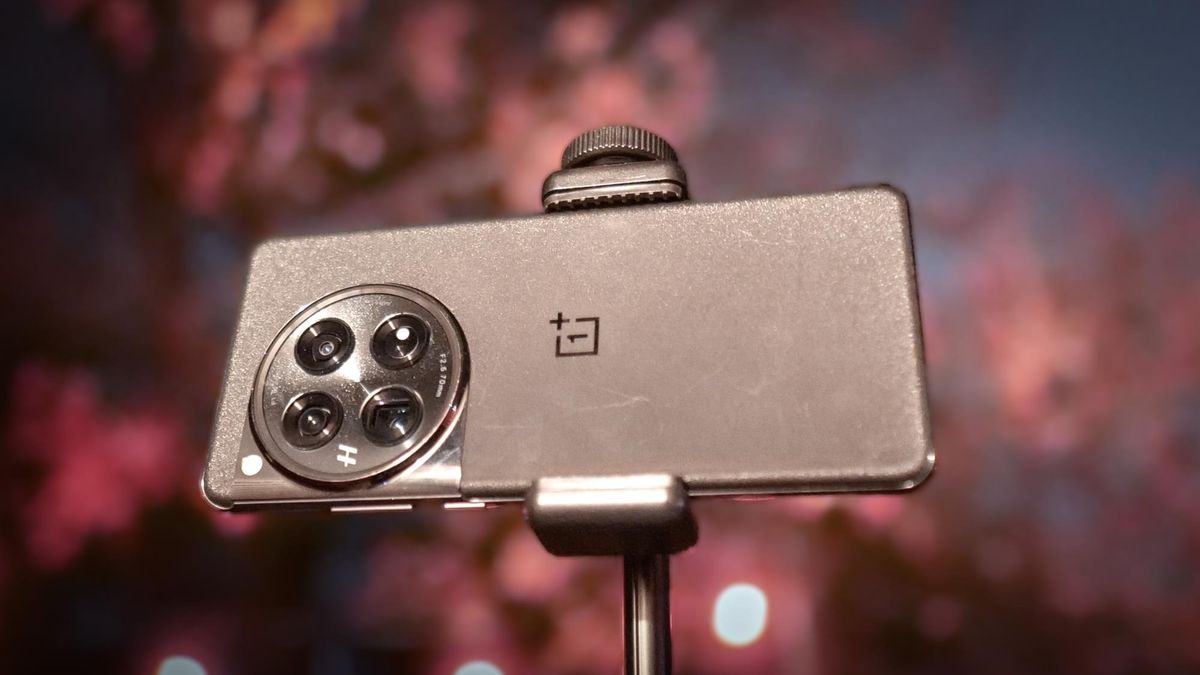
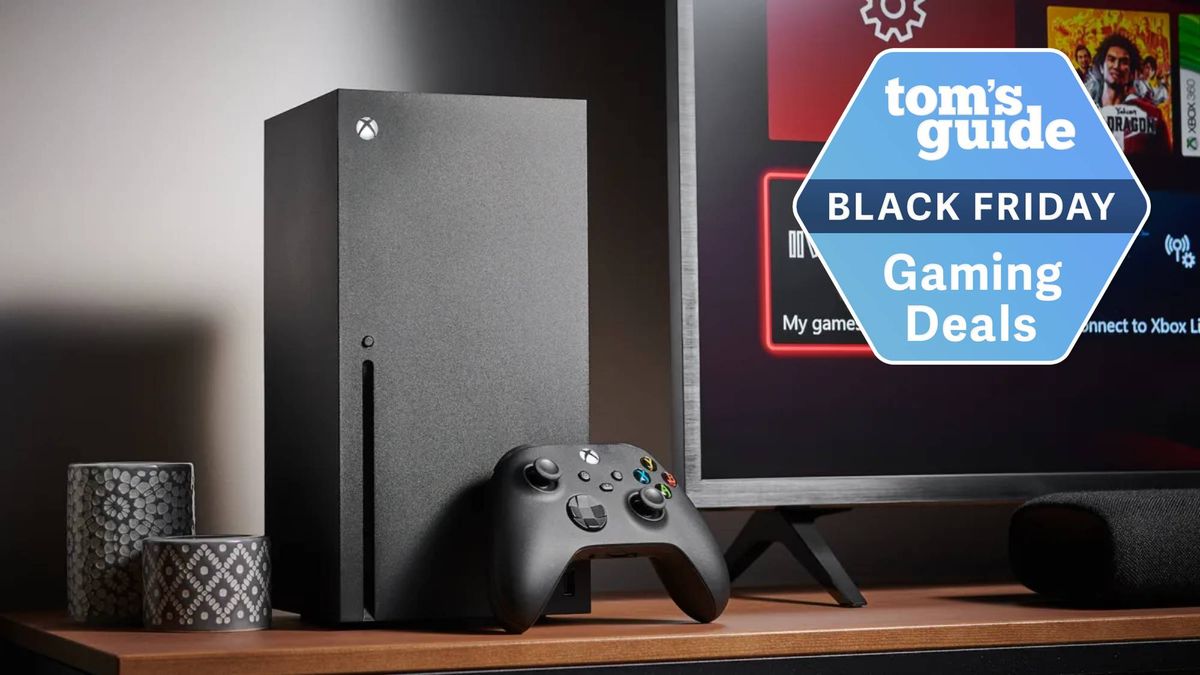
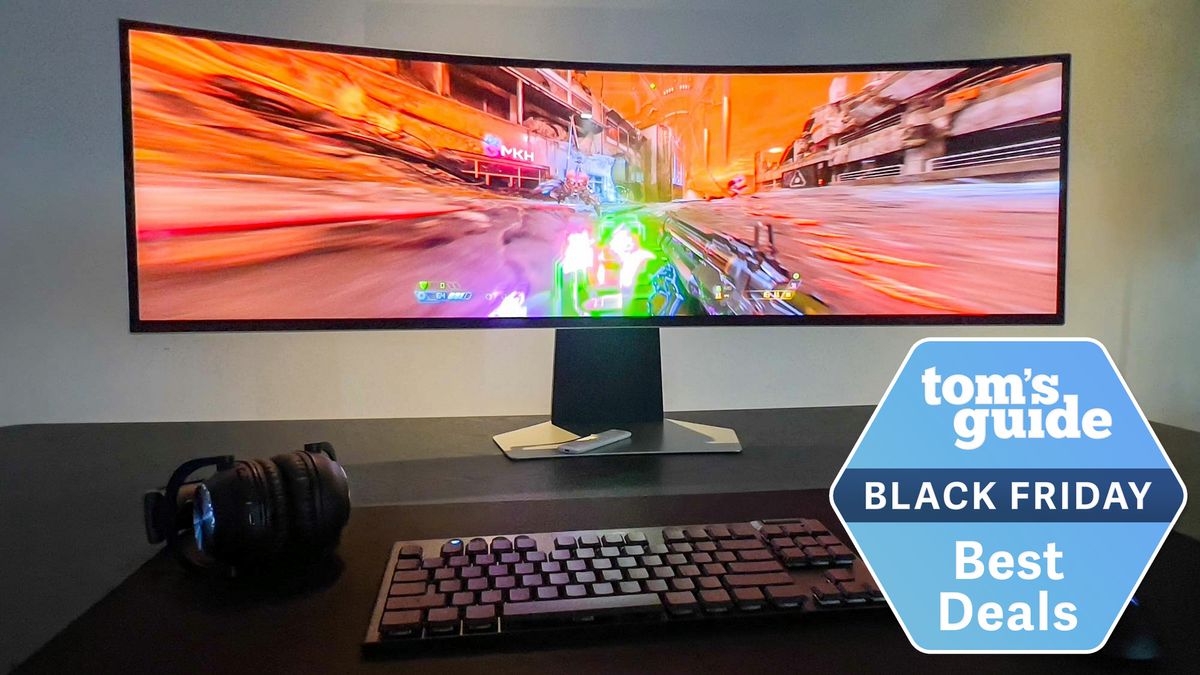
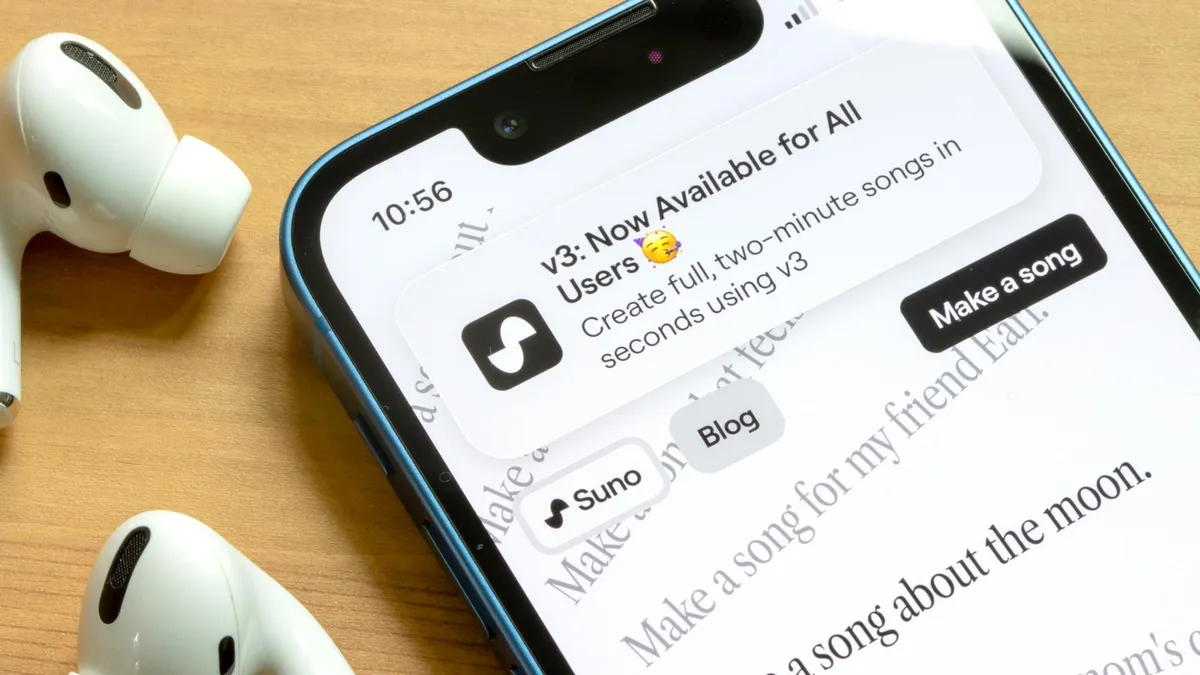








 English (US) ·
English (US) ·